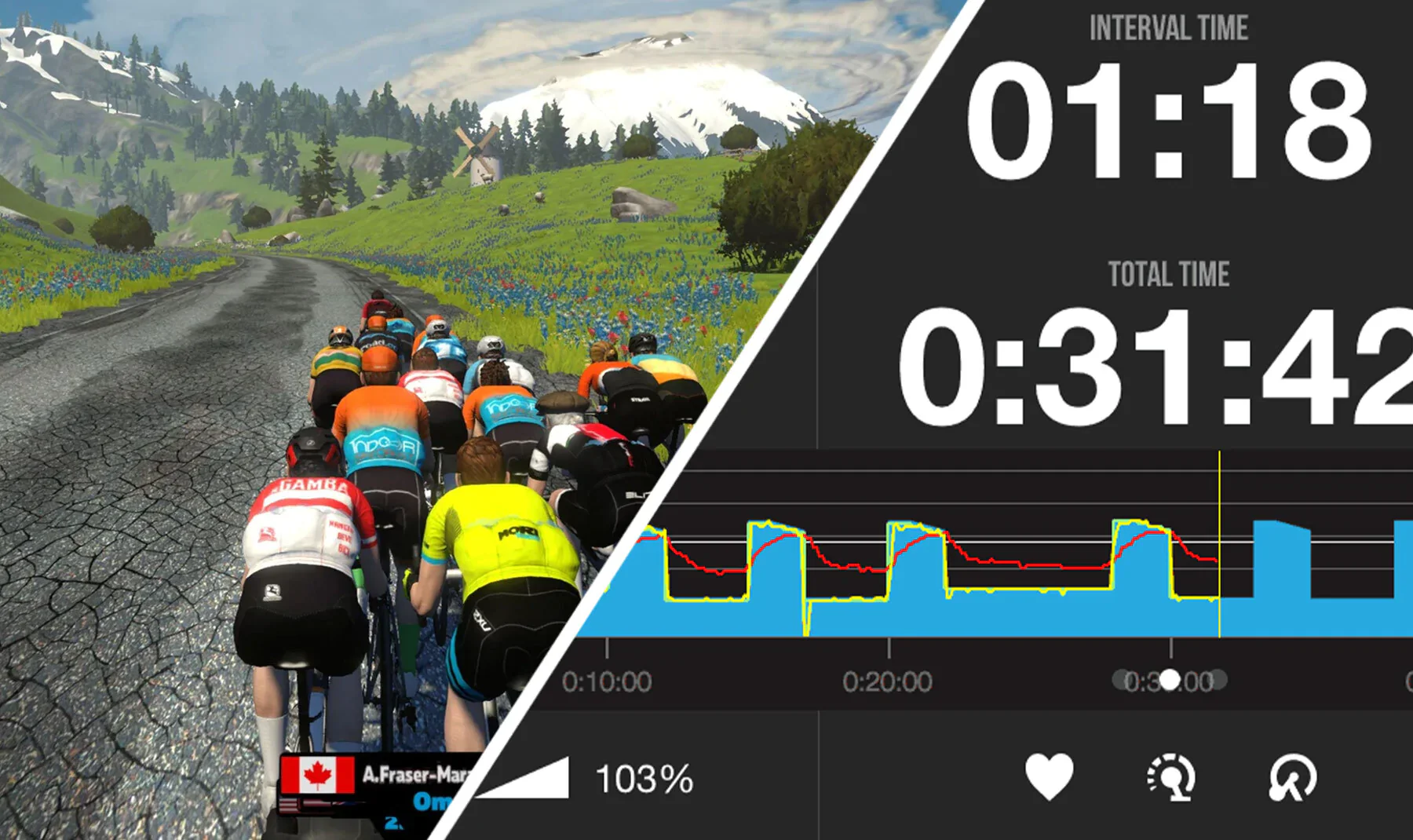If you’re trying to sell your old bike, it can be hard to determine a fair asking price if you aren’t in tune with the used bike market. Fortunately, it’s easy to figure out your bike value on your own as long as you’re willing to do a bit of legwork.
[button]Sell Your Bike[/button]
Comps Are the Best Way to Determine a Bike's Value
 Comps are the only way to accurately gauge a bike’s value. Search for your bike's make and model on sites like Facebook Marketplace, Pinkbike Buy/Sell, Craigslist, eBay, and bike forums representing your local area. and to find comparable listings. Take notes on the price, condition, and components of bikes similar to yours. This can help you set a competitive price.
Comps are the only way to accurately gauge a bike’s value. Search for your bike's make and model on sites like Facebook Marketplace, Pinkbike Buy/Sell, Craigslist, eBay, and bike forums representing your local area. and to find comparable listings. Take notes on the price, condition, and components of bikes similar to yours. This can help you set a competitive price.
This is where TPC can be useful too. We have the largest inventory of used bikes in the world so there’s a good chance you can find a bike similar to yours in our current bike listings. Generally, because our Certified Pre-Owned bikes undergo a full inspection, plus services and repairs, and because are backed with a return policy, they might be priced higher than bikes listed by private sellers on Facebook, PinkBike, or Craigslist.
If you can find a bike similar to yours at TPC, a clever move is to slightly undercut our asking price when pricing your bike for a private sale.
[button]Browse Used Bikes Comps[/button]
Is Bicycle Blue Book Accurate?
Bicycle Blue Book's bike valuations are generally good. The values given are usually in the ballpark, which provides decent guidelines for both buyers and sellers. However, it does struggle in some areas.
In our experience, it doesn’t account effectively for regional variations in used bicycle prices, or adequately consider the impact of upgrades or customizations. While these issues are somewhat inevitable given the complexities of the used bike market, they can sometimes lead to inaccuracies in the site's valuations.
Another concern is that it has limited real-time price tracking. Market trends change rapidly, and it's not clear how quickly Bicycle Blue Book's database is updated to reflect these shifts. We’ve seen some bikes overvalued on Bicycle Blue Book because it isn’t aware of how much the bike has suddenly depreciated due to changes in popularity or industry standards.
Generally, values provided by Bicycle Blue Book should be taken with a grain of salt. It should always be compared to average prices found through local comps, especially if you can find comps for bikes that have successfully sold.
Get a Professional Appraisal
If you have a bike made within the last 6 years, TPC may be interested in buying it. But that doesn’t mean you have to sell it to us. If you’re just interested in seeing what we might offer your bike, you can submit it through our Sell/Trade portal and get a quote within 48 hours. All it requires is some basic information and two photos.
We don’t make offers on every bike, but if you do get one, there’s no obligation to sell. You can use that information to price your bike for a private sale.
If we accept your bike and make you an offer, you will see a few payment options:
- Instant Cash - We will pay you for your bike through PayPal after we receive your bike.
- Store Credit - After receiving your bike you will receive TPC store credit. We generally offer MORE money for store credit than for instant cash. This is a great option if you want to trade-in your bike for a new one!
- Consignment - TPC actually started off as a consignment shop. Essentially, we clean, prep, and sell the bike for you, and then we split the proceeds. Often, this will get you the most money for your bike, but it won't be "instant" because we don't buy your bike outright. Ultimately, it's in both of our interests to get your bike sold at as high a price as possible. This rewards patient sellers who don't need instant cash and it benefits us too because we don't need spend cash. Consignment is low-risk because there is a guaranteed minimum payout, ensuring you will receive cash within 120 days even if the bike doesn't sell. Learn more about consignment here.
[button]Submit Your Bike[/button]
Factors That Impact a Bike's Value
Some factors help certain bikes hold their value better than others. Here are a few key factors that may increase or decrease the value of your bike.
Increases value:
- Less than 3-5 years old - Depreciation only gets worse with age. If you're trying to get more money back for your bike, the sooner you sell the better.
- Common sizes - If your bike is a common size that fits more riders, it will be in more demand. S, M, and L sizes will often sell for slightly more than an equivalent XS or XL size.
- Good condition - This should be obvious, but the better condition your bike is in, the more it will hold its value. Keeping it clean and maintained, replacing inexpensive parts like grips, bar tape, saddles, and protecting your frame and components from scratches and other damage will always boost your bike's overall value.
- Desirable models and brands - Some bikes and brands are just more in demand than others, and they hold their value as a result. Check out our depreciation story to find out what our sales data says about what bikes hold their value best.
Decreases value:
- Unsupported technology or standards - Bike technology progresses fast. Over time, some bikes get left behind (this is especially true for mountain bikes). Bikes with outdated components (rim brakes, old axle standards, 26" wheels, etc.) or bikes that lack spare parts and aftermarket support will struggle to hold value.
- Unusual upgrades - A few upgrades might increase your bike's value, but most have little effect. Some, however, can't actually hurt your bike's value. Obscure and proprietary upgrades can scare buyers off, especially if they're hard to maintain or lack compatibility with other aftermarket components. Linkage forks, carbon-spoked wheels, and "unique" custom paint are just a few examples.
- Low original retail price - The cheaper a bike is when new, the quicker it will lose value over time. This is a major reason why high-end and name-brand bikes simply hold value better.

























